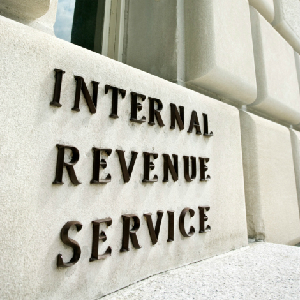Why Does The IRS Need To Track License Plates?

FILE
Among the many Federal agencies that have cumulatively awarded nearly half a million dollars’ worth of contracts to a California-based license plate tracking and cataloging vendor over the past few years, the Internal Revenue Service’s reported $1,188 investment might seem comparatively insignificant.
It’s not. Instead of paying a ton of money to buy a dedicated chunk of service fromVigilant Solutions — a company that provides license plate recognition and databasing equipment and services, as well as facial recognition technology — the IRS essentially paid an access fee to search and retrieve license plate data from a list.
Bloomberg reported last week that the most recent IRS deal with the company, which ensured the IRS “access to nationwide data,” ran from June 2012 through May 2013. It’s not known whether the agency currently has an arrangement with other Federal agencies to access the same data.
While many of the Federal contracts with Vigilant have been allowed to expire — in part because of pressure from the American Civil Liberties Union, which successfully thwarted a pending Department of Homeland Security contract that would have dwarfed any other agreement with the company — the reason for the IRS’s involvement in the surveillance and tracking sphere has never been explained.
“The IRS uses a variety of investigative tools similar to other law-enforcement agencies to assist with criminal cases,” an agency spokesman told Bloomberg — but he wouldn’t elaborate on how the IRS uses the license plate data.
And regardless of whether most Federal agencies have — for the moment — allowed their agreements with Vigilant to lapse, there’s still no reason to believe the government has reversed its implicit assumption that any agency should have carte blanche access to mass surveillance data.
“The American public deserves to know the degree to which the Department of Homeland Security and other agencies are already tapping into these databases,” a Massachusetts ACLU representative told Bloomberg. “The cancellation of the solicitation itself has no measurable impact on the existing reality, which is that we are all being tracked right now.”
No comments:
Post a Comment
Thanks for commenting. Your comments are needed for helping to improve the discussion.